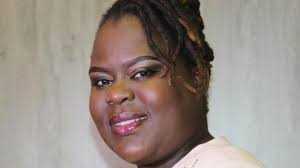
Patricia Mashiri
The upcoming 2023 harmonised elections have shown that there is low representation of women compared to the 2018 elections. The June 21 Nomination Court sitting had fewer female than male submissions, and as a result successful candidates.
In 2018, there were five female presidential candidates namely Linda Masarira, Violet Mariyacha, Joyce Mujuru, Melbah Dzapasi and Thokozani Khupe. This year’s upcoming elections Presidential candidates list which was released by Zimbabwe Electoral Commission shows there is no female candidate.
A quick survey done by Zim Now shows that some female candidates failed to raise the nomination fees required by ZEC. The nomination fees were pegged at US$20 000 for presidential candidates, US$1 000 for those running for National Assembly seats, a 20-fold increase from the 2018 fees.
Women’s Academy for Leadership and Political Excellency, Executive Director, Stabile Dewa said when the nomination fees were gazetted, they saw women, especially the disabled and the young women, as the ones at a disadvantage.
“Women carry the most burden of being unemployed so biggest hindrance to their lack of participation is lack of resources. Independent women leaders have been forced to abandon their ambitions as a result of inhibitive costs.
Related Stories
“Our argument is women leaders should not be disadvantaged because of the economic challenges prevailing in the country is not of their making,” she said.
Dewa added that the nomination fees were supposed to reflect the status of the economy. She said the way they were paid were to close out those without the means but capable of leading.
Some highlighted that the patriarchal nature of the Zimbabwean society leads into some women not wanting to participate in politics and take any leadership roles. Some women cited gender-based violence which is channelled against women as one of the main factors dissuading women from politics.
Aspiring president and LEAD president, Linda Masarira who failed to complete the nomination process said she was taking her matter to the High Court for consideration.
“I successfully filed with the Zimbabwe Electoral Commission but the payment method became a problem. The amount could not be transacted by ZIPIT or swipe. My legal team has taken the matter to the High Court.
“The women participation in this upcoming election has been low and has been affected by the patriarchal society which do not value women. Women are viewed as second class citizens that’s why I had to create LEAD so that women should rise and claim their space,” Masarira said.
She added that if she loses her case at the High Court, she is going to redirect her energy and focus on the women’s movement. They will rise and claim their own in the public spaces.










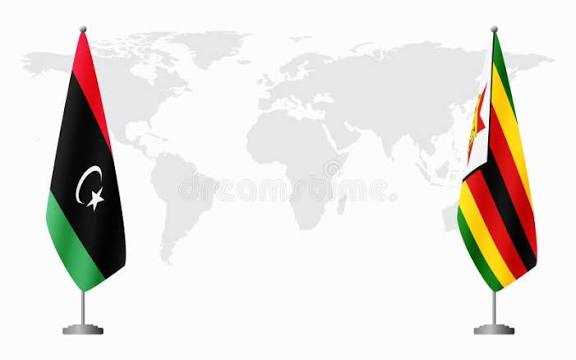
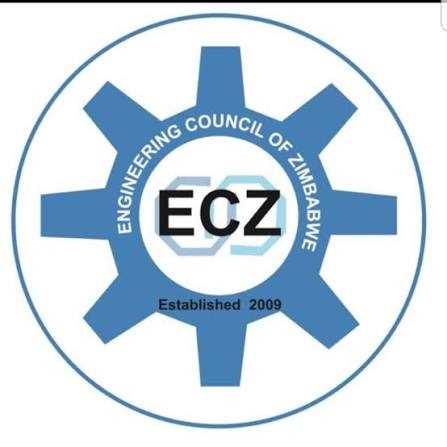
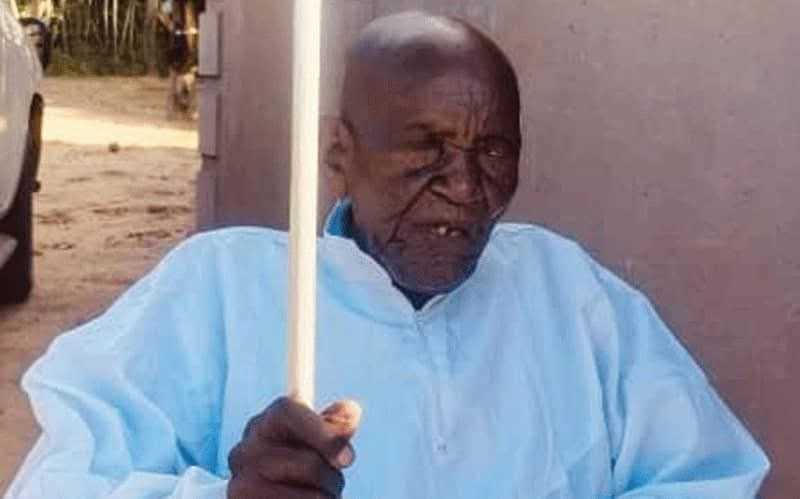

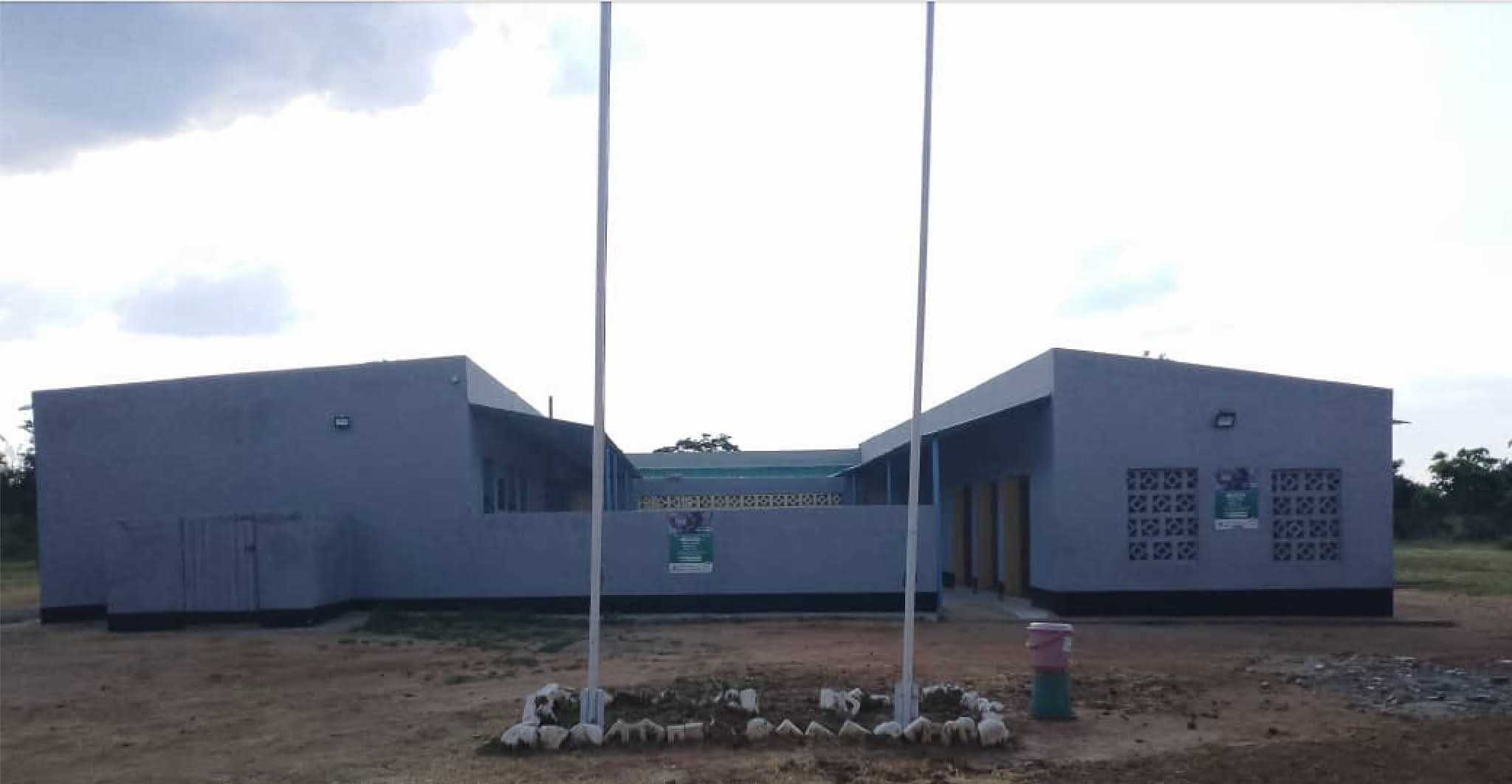

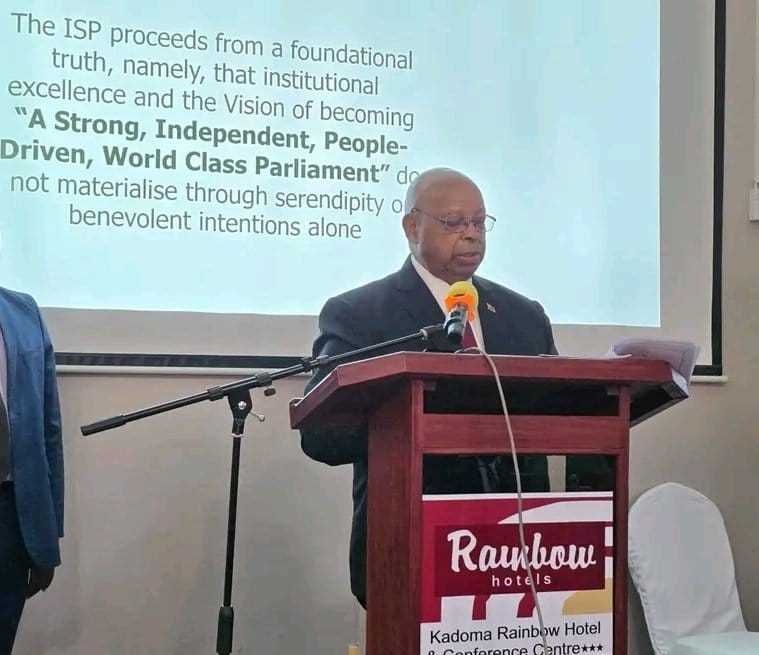



Leave Comments